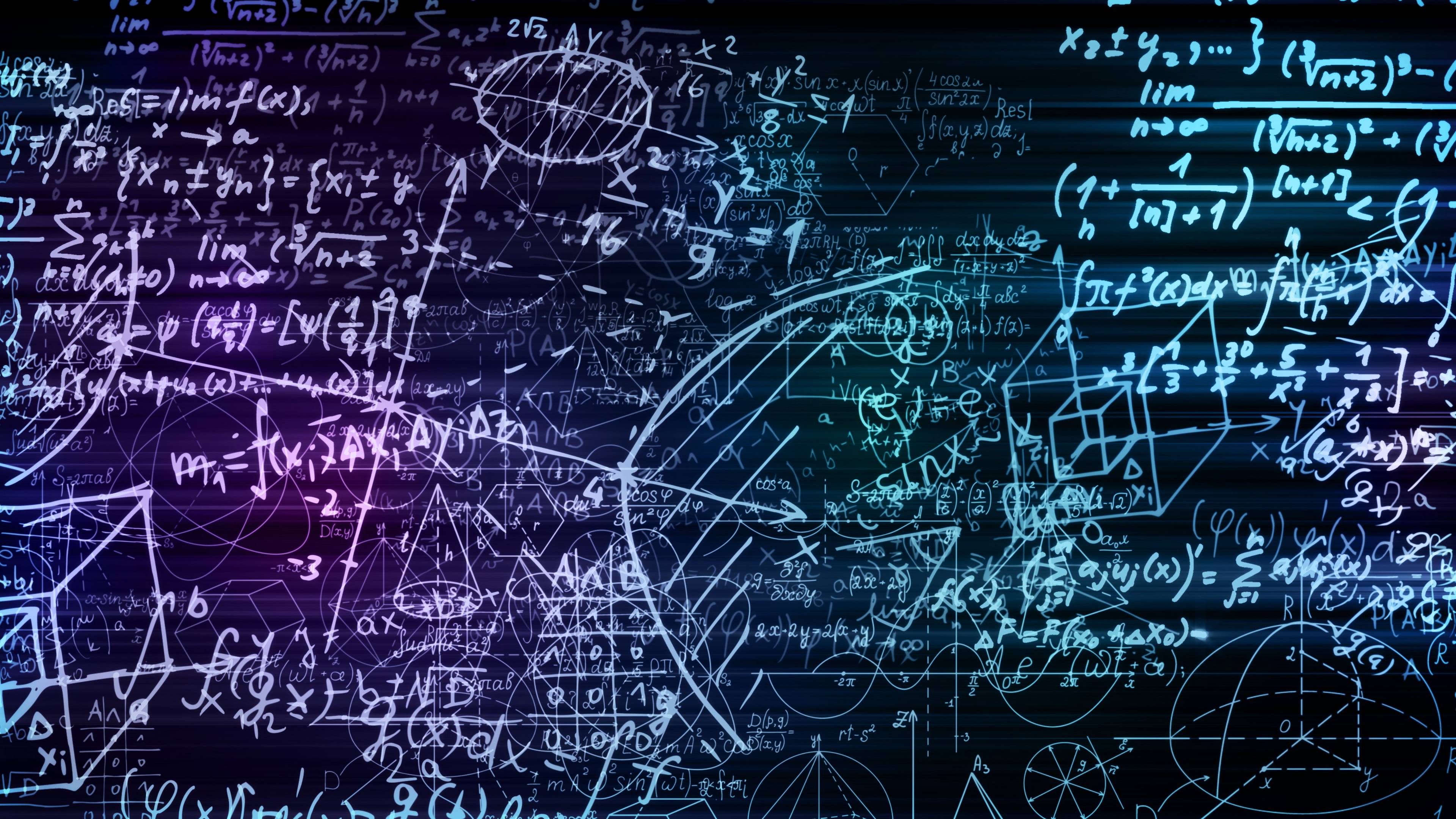Constructing spatial coordinate systems: A study of undergraduate elementary pre-service teachers. $8,000. Hwa Young Lee, Principal Investigator, Research Enhancement Program, Texas State University, 2018-current
Mathematicians' Evaluations of Undergraduate Students' Proofs. $8,000. Kristen Lew, Principal Investigator, Research Enhancement Program, Texas State University, 2018-current
Alongside students’ difficulty understanding of the mathematical concepts, and their lack of knowledge of how to begin to construct a proof, students’ unfamiliarity with the language of mathematical proof writing as listed one of the three major sources of difficulties that university students experience when learning to construct mathematical proofs. In previous work, I have investigated the linguistic conventions of mathematical proof writing at the undergraduate level. This study aims to extend these theoretical findings by investigating the extent to which mathematicians’ assessments of undergraduate students’ proofs are affected by the linguistic aspects of the proofs in question.
Helping STEM Undergraduates Develop Mathematical Modeling Competencies, $7,040. Jennifer Czocher, Principal Investigator, Research Enhancement Program, Texas State University, 2016-2018
Mathematical modeling, and mathematical literacy in general, are critical components of students’ mathematical education at all levels that will prepare them for successful STEM careers. But students with aptitude for STEM abandon their majors because of difficulties with mathematics in their introductory STEM courses. This project addresses the leaky STEM pipeline problem through helping calculus students learn to derive and validate mathematical models from science, technology, and engineering. The focus of the research is to develop a methodology that will uncover specific scaffolding moves that help students critically reflect on their decisions about variables and assumptions during the modeling process.
Scaling Up Research in Advanced Undergraduate Mathematics Education, $8,000. Kate Melhuish, Principal Investigator, Research Enhancement Program, Texas State University, 2016-2018.
Majority of research in undergraduate mathematics education is situated in small-scale studies. This exploratory study aims to build measure(s) in the abstract algebra setting to test the generalizability of important theoretical contributions from prior qualitative studies. The focus is on the feasibility of measuring theoretical constructs related to student activity in modern algebra including proof production and working abstraction level. The goal is to provide either a blueprint for such conversions or raise the larger of issue of what to do when approaching generalizability is not feasible.
Collaborative probability and statistical knowledge building among pre-service teachers in a technology-enhanced environment $8,000. Robert Sigley, Principal Investigator, Research Enhancement Program, Texas State University, 2016-2018.
Though probability and statistics are important curricular areas, the field of mathematics education lacks understanding of teachers’ knowledge in these areas and effective tasks. This research project intends to contribute knowledge to lacunas identified in the mathematics education research literature by: (1) analysis of pre-service teachers (PSTs) existing and extended knowledge around the teaching of probability and statistics and (2) PSTs use of technology to collaborate and build technological, pedagogical, and content knowledge.
A study of mathematical modeling processes of linguistically diverse grades 6 – 12 students, $16,000. Jennifer Czocher, Principal Investigator, Research Enhancement Program, Texas State University, 2014
This project explored how students from varied mathematical and linguistic backgrounds engaged with mathematical modeling tasks. In this cross-sectional study, we worked with a group of native and non-native English speakers to develop, refine, and validate an observational rubric that links mathematical thinking to desirable mathematical modeling competencies. The studies related to this project have extended and critiqued existing cognitive theories of how individuals learn to use mathematics to answer real world questions.
